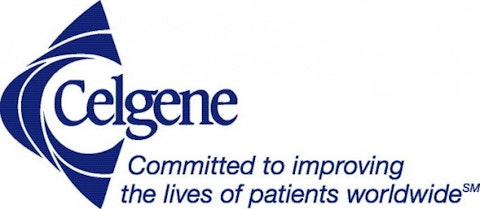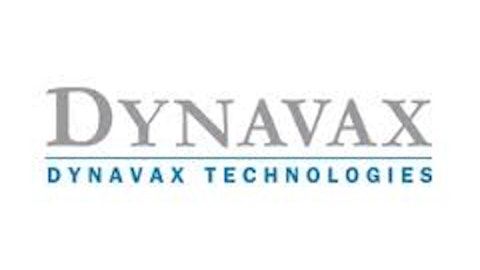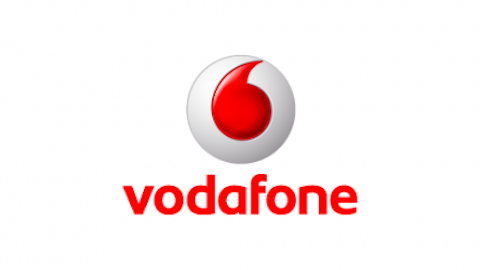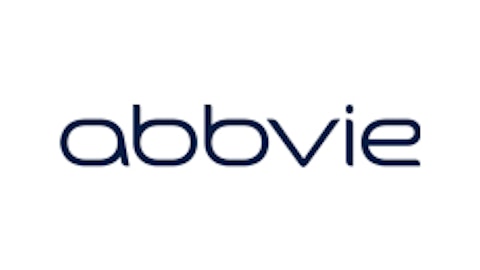Celgene Corporation (NASDAQ:CELG) announced on Wednesday a $600 million deal to buy a stake in a growing biotech with several successful products on the market and a strong pipeline. Who is this new acquisition? The lucky company is none other than… Celgene itself.
The company has already repurchased over $5 billion of its stock over the past four years. Just in the past two months, Celgene bought back $385 million worth of shares. Is this a smart move for the company? Let’s take a look.

Thanks largely to its incredible success with Revlimid, Celgene currently sits on top of a cash stockpile of $3.9 billion. That money isn’t making too much of a return just sitting idly, so it makes sense for Celgene to consider alternatives. The major options for the company include giving some of the money back to shareholders as a dividend, buying another company, or repurchasing its own shares.
Like many investors, I love dividends. However, I can understand Celgene’s reluctance to issue a dividend right now. Once you’ve started paying dividends, you can’t stop — at least, not without having your stock clobbered. And paying dividends gives the impression to many that a company can’t find a better way to generate returns with the money. I don’t think that’s the case for Celgene.
So, why not buy an up-and-coming biotech? With the just-announced buyback, Celgene will spend nearly $1 billion this year alone. There are plenty of companies specializing in cancer drugs as Celgene does that could be bought for that amount or close to it.
Dendreon Corporation (NASDAQ:DNDN), for example, has prostate cancer drug Provenge on the market and several other drugs in development. The company’s current market cap is around $900 million. Exelixis, Inc. (NASDAQ:EXEL) has a late-stage trial under way for thyroid cancer drug cabozantinib, as well as other studies for the drug targeting other forms of cancer. Its market cap stands at $827 million.
An even more affordable buy would be Clovis Oncology Inc (NASDAQ:CLVS), with a market cap just below $500 million. Clovis has several trials under way for cancer treatments, most notably CO-101 targeting pancreatic cancer.
One could argue the pros and cons for an acquisition of these or a number of other small biotechs. However, none of them can boast of the current earnings power that Celgene can. My view is that if Celgene somehow spun off only its pipeline drugs into a separate company, the newly formed company would be a better buy than any of these other biotechs. That isn’t saying these companies don’t have plenty of merits. Celgene’s potential is just better.
A great deal
Some were skeptical of Amgen, Inc. (NASDAQ:AMGN)‘s big share repurchase announced in late 2011. However, the company confounded the critics with shares climbing more than 50% since the announcement. I don’t know if Celgene will necessarily see that kind of stock movement, but I expect good things lie ahead.
Celgene’s forward price-to-earnings multiple currently stands at 0.79. That’s cheap. Of course, forward multiples like this rely on future growth estimates. In Celgene’s case, I think those estimates are pretty solid. Revlimid and Vidaza continue to grow nicely. Tremendous potential exists with Abraxane and Pomalyst. Throw a solid pipeline into the mix, too. My opinion is that Celgene’s latest $600 million “acquisition” of its own shares is a great deal for shareholders.
The article Celgene’s New Acquisition — of Celgene originally appeared on Fool.com and is written by Keith Speights.
Fool contributor Keith Speights has no position in any stocks mentioned. The Motley Fool recommends Exelixis. The Motley Fool owns shares of Dendreon and Exelixis.
Copyright © 1995 – 2013 The Motley Fool, LLC. All rights reserved. The Motley Fool has a disclosure policy.





